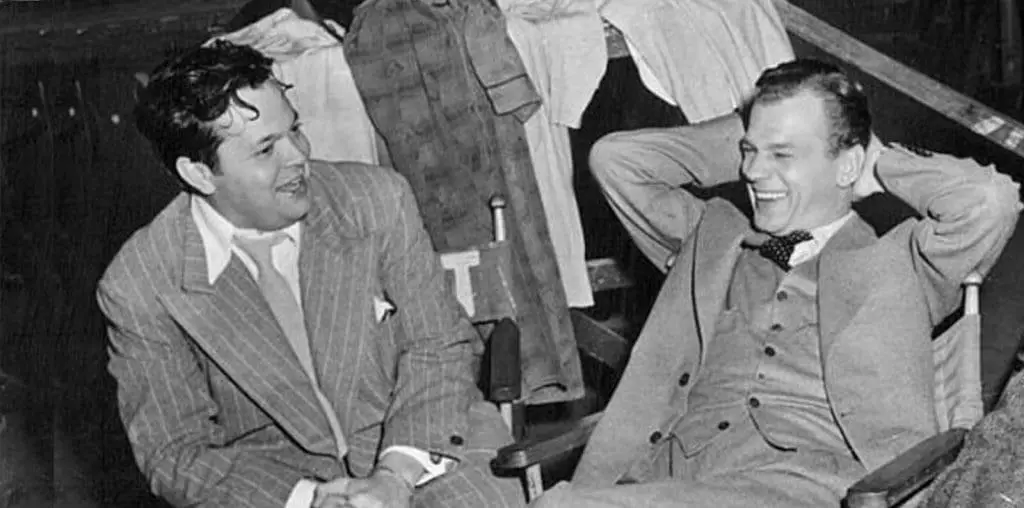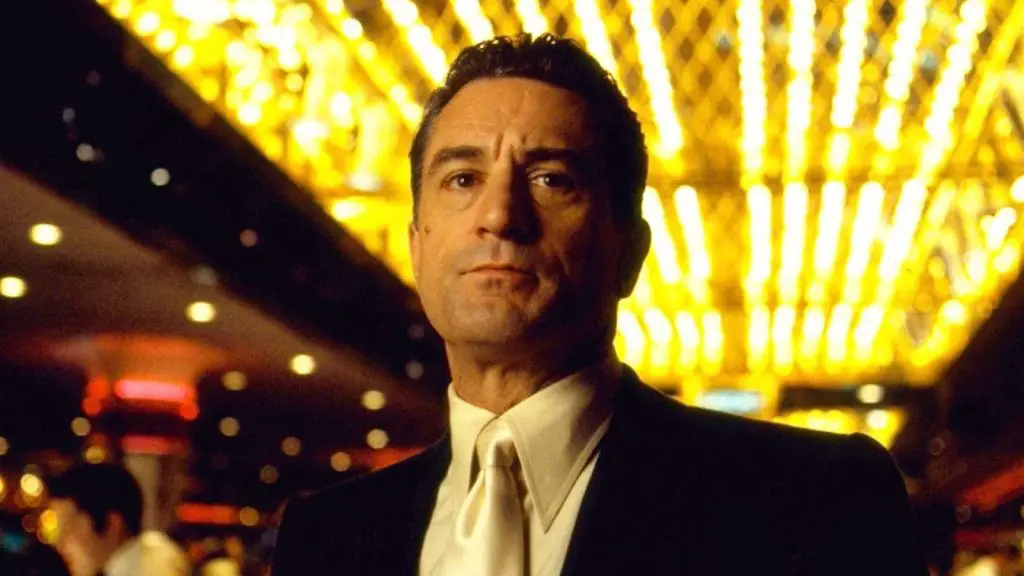
Chad does not have an active film industry. How difficult has it been to work in a country where there is a limited level of professional and financial support for film production? ^ Well, the principal difficulties were due to the absence of professional actors and technicians. So, a big part of the technicians come from abroad. We also had to bring the lights, cameras, etc.
But in a sense, because of this situation, people are very generous with us. Everyone wanted to help. And the government tried to make things easier for us.
The two young men who are the stars of the film are very talented. How did you find them and how did you prepare them for such complex performances? ^ I found them very easily. I have a friend of mine called Kalala, my assistant (he died of AIDS last July), and he was very strong as a casting manager. So, we found the younger boy in my neighborhood; the second one, the eldest, played in my previous film “Bye-Bye Africa,” and I knew that I had to work with him again.
To prepare them for these performances, I decided to put them together, leaving them in the same room for two weeks, trying to create this complicity that we can see in the movie.
There is a scene at a cinema which has posters for such diverse films as Jim Jarmusch’s “Stranger Than Paradise” and Charlie Chaplin’s “The Kid.” Is this a reflection of your own film inspirations, or are these typical of the variety of films that play in Chad’s theaters? And as a side note, what kind of films are most popular with audiences in Chad? ^ Yes, it’s a reflection of my own inspirations. I love these movies; I feel I’m from the same family as Chaplin, Wenders, Jarmusch. The most popular movies in Chad are American, all those blockbusters made by Hollywood. I remember that there were so many people at a screening of “Titanic” that one wall of the theater fell down. Bollywood movies are also popular.
Very few African films receive commercial release in the United States. Do you view this situation as a perceived lack of interest by American film distributors to release these films, or do you feel that African filmmakers are not aggressive enough in selling their films to the American market? ^ I think that American distributors are not really interested by African movies. But on the other hand, maybe we are not aggressive. You know what? It is too hard to make a movie in Africa. So when you finish it, you don’t have any force left to be aggressive.
What are your next films going to be about? ^ My next film is going to be a story of revenge, a reflection about impunity. It’s a kind of Western movie. I hope I’ll shoot it next year.

